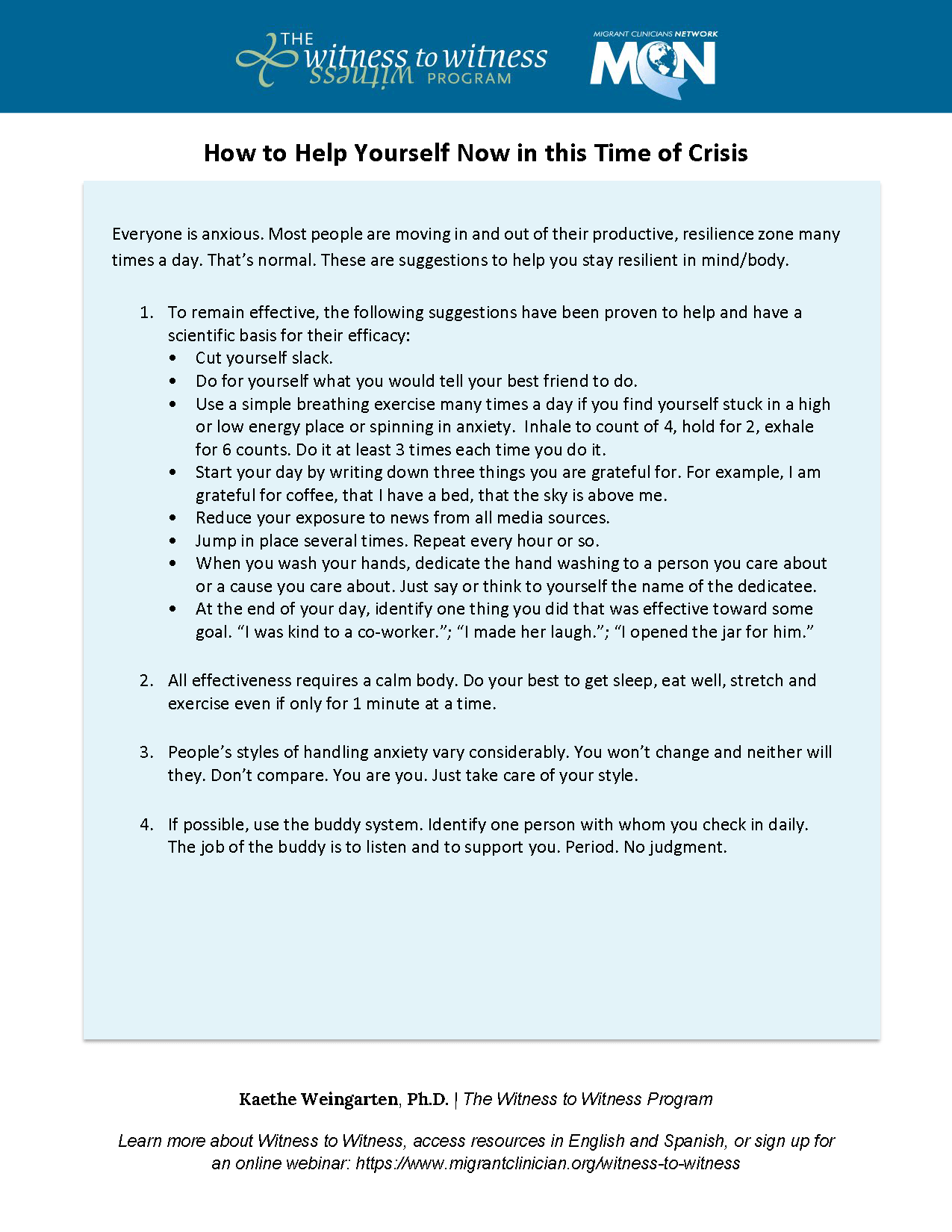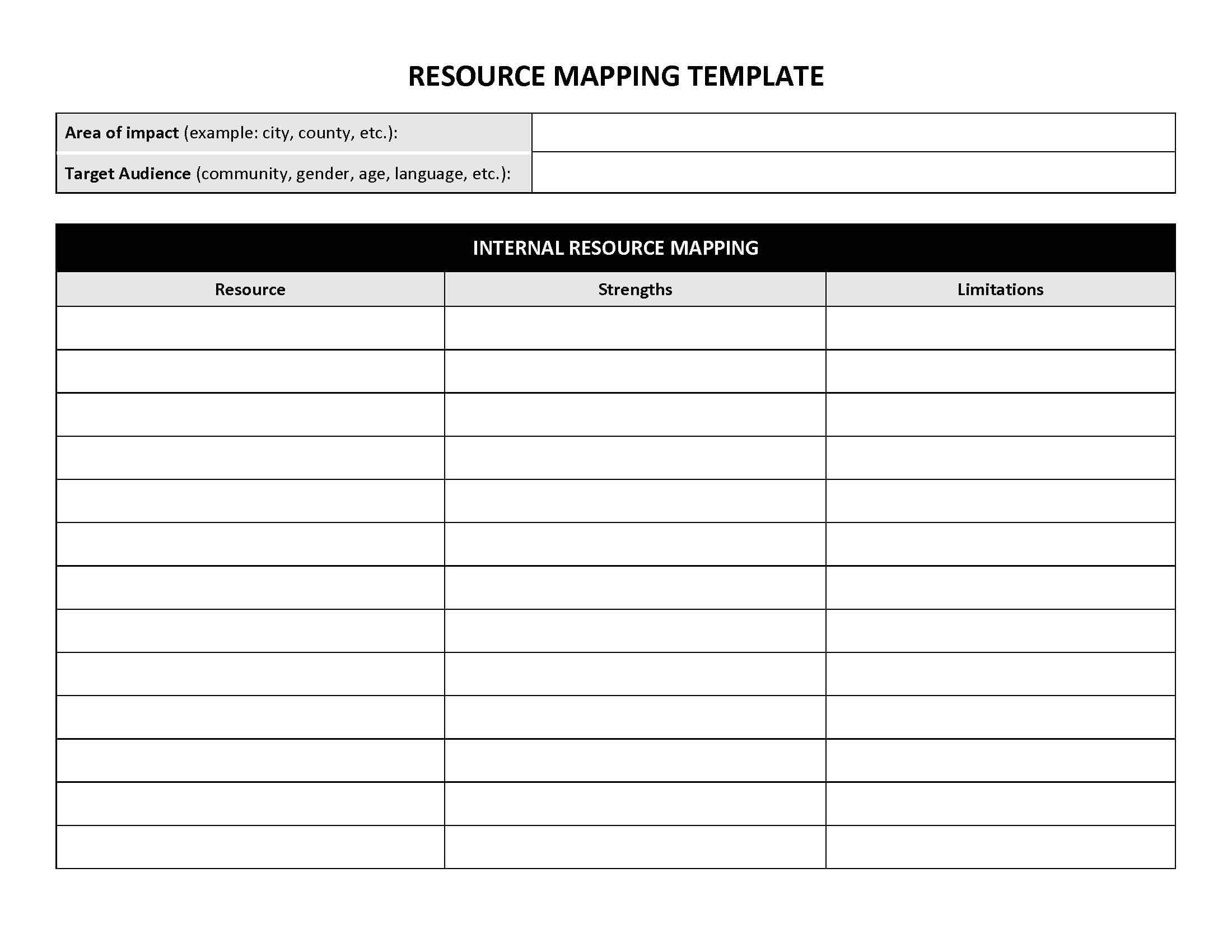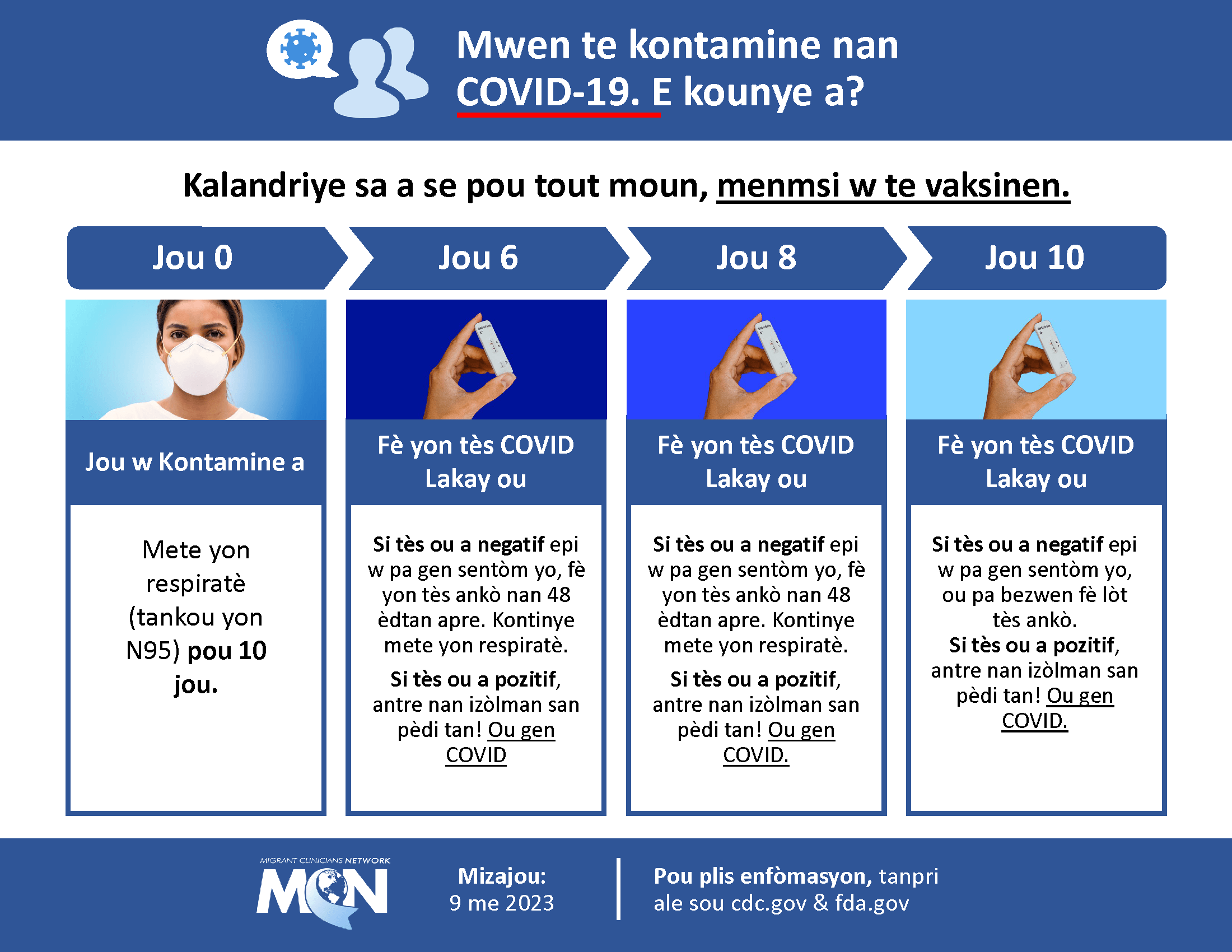copy deeplink Woman and Man Discussing Hesitancies and Myths - Tracking Chips - Images
Woman and Man Discussing Hesitancies and Myths - Tracking Chips - Images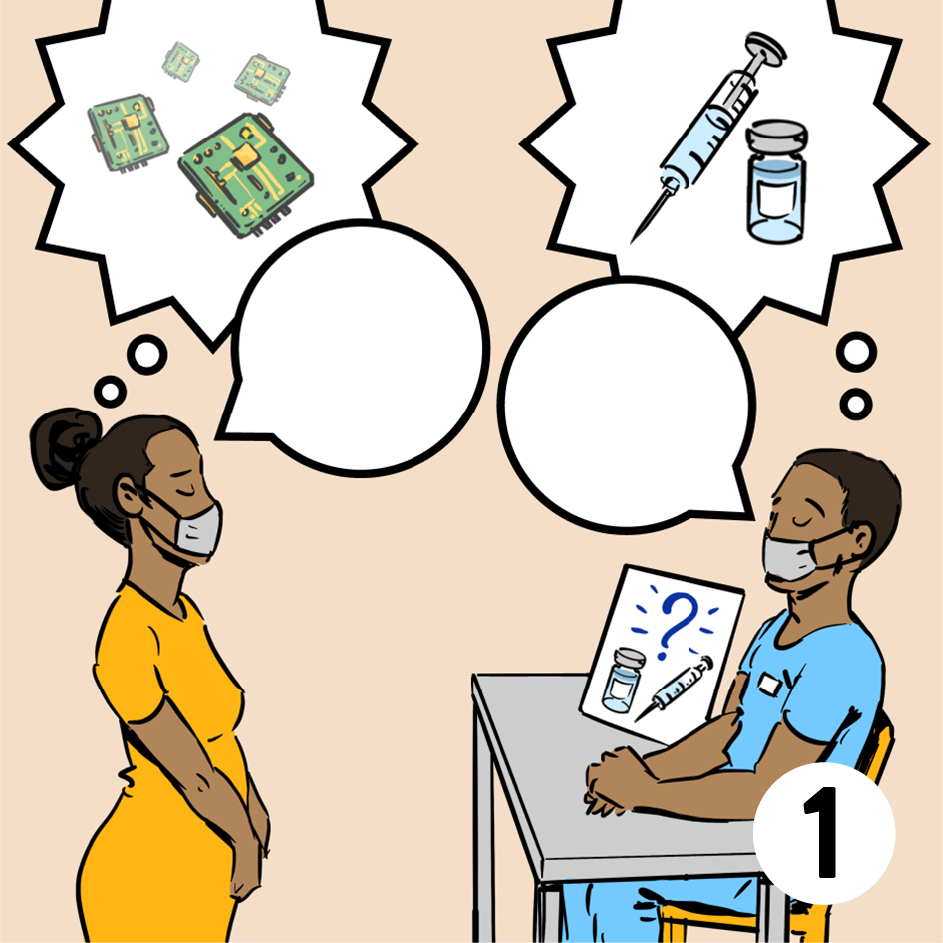
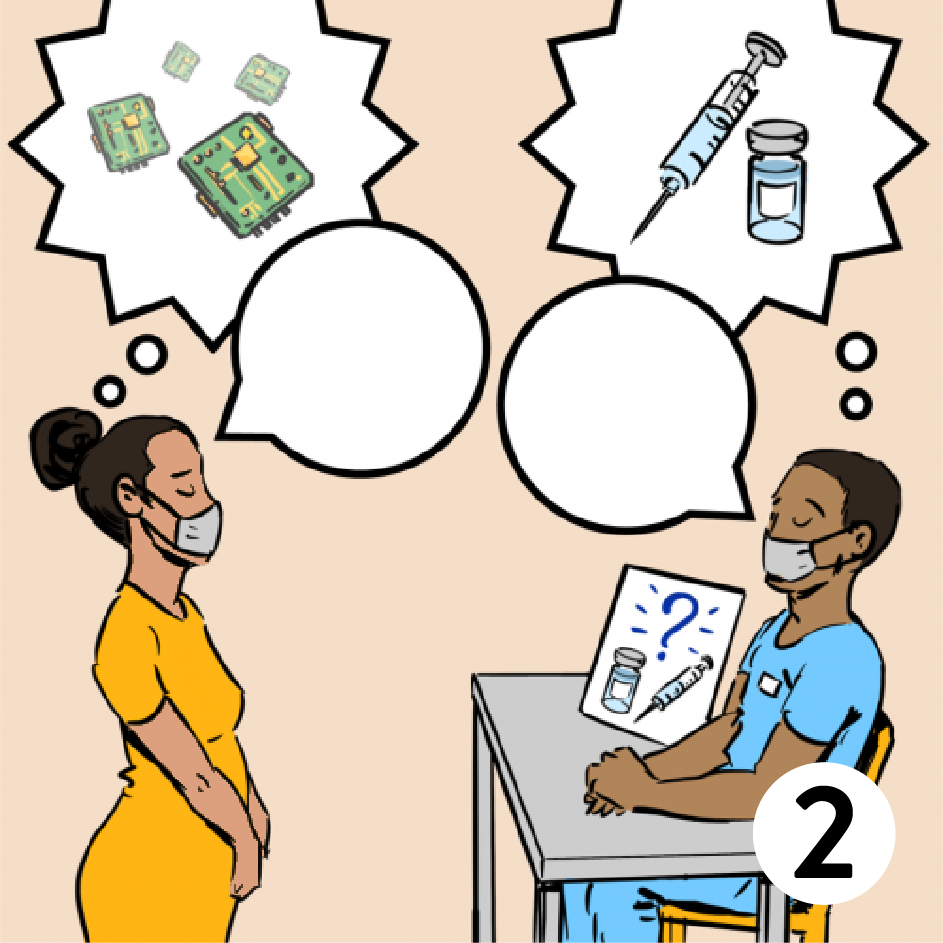
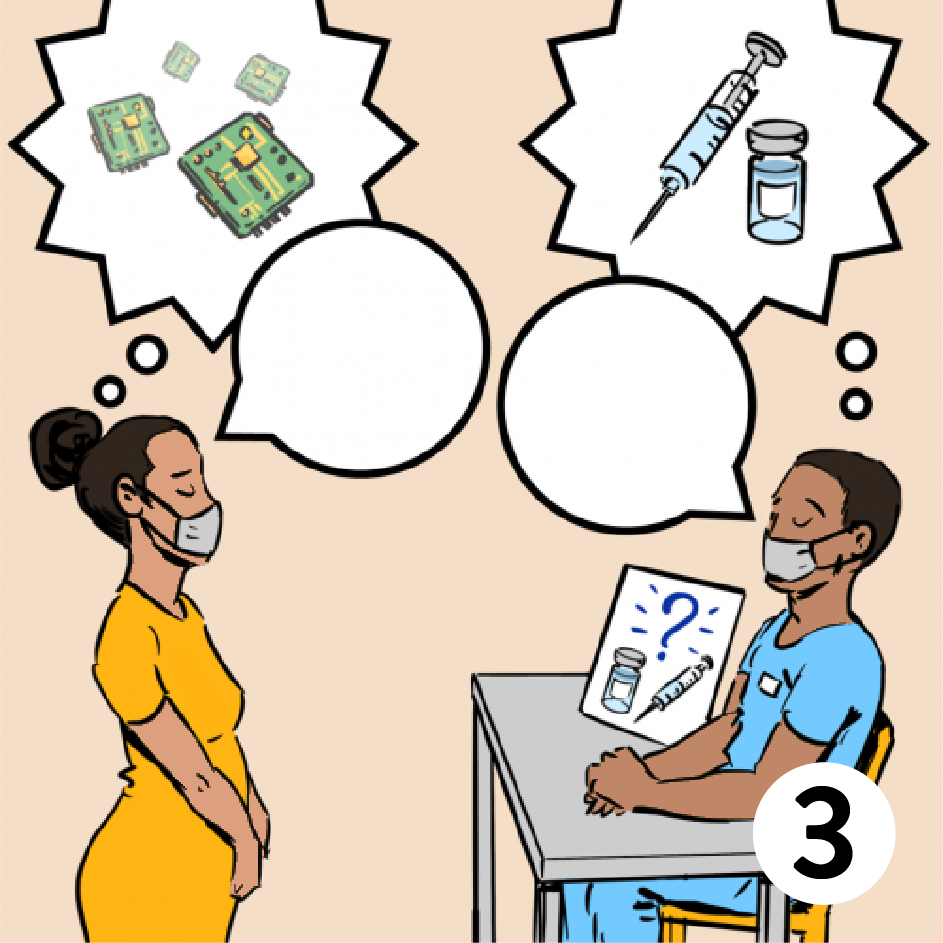
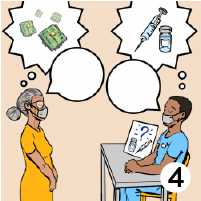
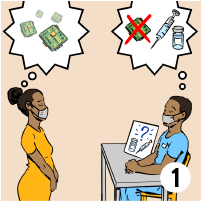
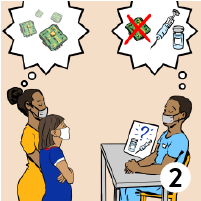
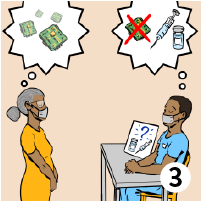
- WomanElderAndManDiscussingHesitanciesAndMyths.png (70.83 KB)
- WomanGirlAndManDiscussingHesitanciesAndMyths.png (71.02 KB)
- WomanAndManDiscussingHesitanciesAndMyths.png (68.49 KB)
- Chip_And_Vaccine_Comic_With_Bubbles Elder lady.png (40.62 KB)
- Chip_And_Vaccine_Comic_With_Bubbles COLOR2.png (52.09 KB)
- Chip_And_Vaccine_Comic_With_Bubbles COLOR1.png (41.23 KB)
- Chip_And_Vaccine_Comic_With_Bubbles.PNG (42.2 KB)
copy deeplink Pesticides Industry Sales and Usage: 2006 and 2007 Market Estimates
Pesticides Industry Sales and Usage: 2006 and 2007 Market EstimatesThis EPA report contains the latest estimates of agricultural and nonagricultural pesticide use in the United States.
- market_estimates06-07.pdf (563.59 KB)
This toolkit is intended to guide local public health agency staff in (1) developing, implementing, and evaluating emergency drills and exercises, and (2) facilitating the public health aspects of larger, multiagency emergency exercise events. The toolkit provides essential guidance including templates, checklists, and forms to assist with every stage of the exercise process. Emphasis is on identification of objectives during the planning phase, a critical step for ensuring a meaningful post-exercise evaluation.
- PHEmergencyExerciseToolkit.pdf (4.32 MB)
copy deeplink Safety Guidelines for Hired Adolescent Farm Workers - SaGHAF
Safety Guidelines for Hired Adolescent Farm Workers - SaGHAFhttps://www3.marshfieldclinic.org/nccrahs/default.aspx?page=nfmc_nccrahs_saghaf
Seven guidelines in English and Spanish. Colorful, illustrated poster address supervisor responsibilities for ensuring work conditions are appropriate and adequate . Training and supervision tips, specific to teens and to each job, are provided. Developed by National Children’s Center for Rural and Agricultural Health and Safety.
copy deeplink 'What to Expect When Getting the COVID-19 Vaccine'
'What to Expect When Getting the COVID-19 Vaccine'These image-centric and engaging resources can help clinicians reach refugee, immigrant, and migrant communities with important information regarding getting vaccinated. The flyers are available in English, Spanish, and Haitian Creole, and both pre-made and editable versions are available. Users can insert their organization logo as well as state-specific information such as their state vaccine sign-up website and vaccine customer service phone number. Along with these fliers, MCN has created a simple ‘how-to’ video (see above) for editing the fliers.
The original designs for this resource were created by a staff member of East Coast Migrant Head Start Project who is the daughter of a farmworker, and who had once gone to East Coast Migrant Head Start Project centers herself. The flyers were adapted by MCN.
- 9-26-23_What-To-Expect-COVID19-Vaccine_English-Handout.pdf (288.57 KB)
- 9-26-23_Que-saber-sobre-la-vacuna-contra-COVID_flyer_Template.pdf (301.65 KB)
- 9-26-23_Ki-sa-pou-ou-atann-le-w-ap-resevwa-vaksen-COVID19.pdf (291.1 KB)
- 9-26-23_What-To-Expect-COVID19-Vaccine_English-Template.pptx (1.58 MB)
- 9-26-23_Que-saber-sobre-la-vacuna-contra-COVID_flyer.pptx (1.52 MB)
- 9-26-23_Ki-sa-pou-ou-atann-le-w-ap-resevwa-vaksen-COVID19_Template.pptx (1.58 MB)
copy deeplink Microaggressions and Relational Harms in the Workplace | W2W Resource
Microaggressions and Relational Harms in the Workplace | W2W Resource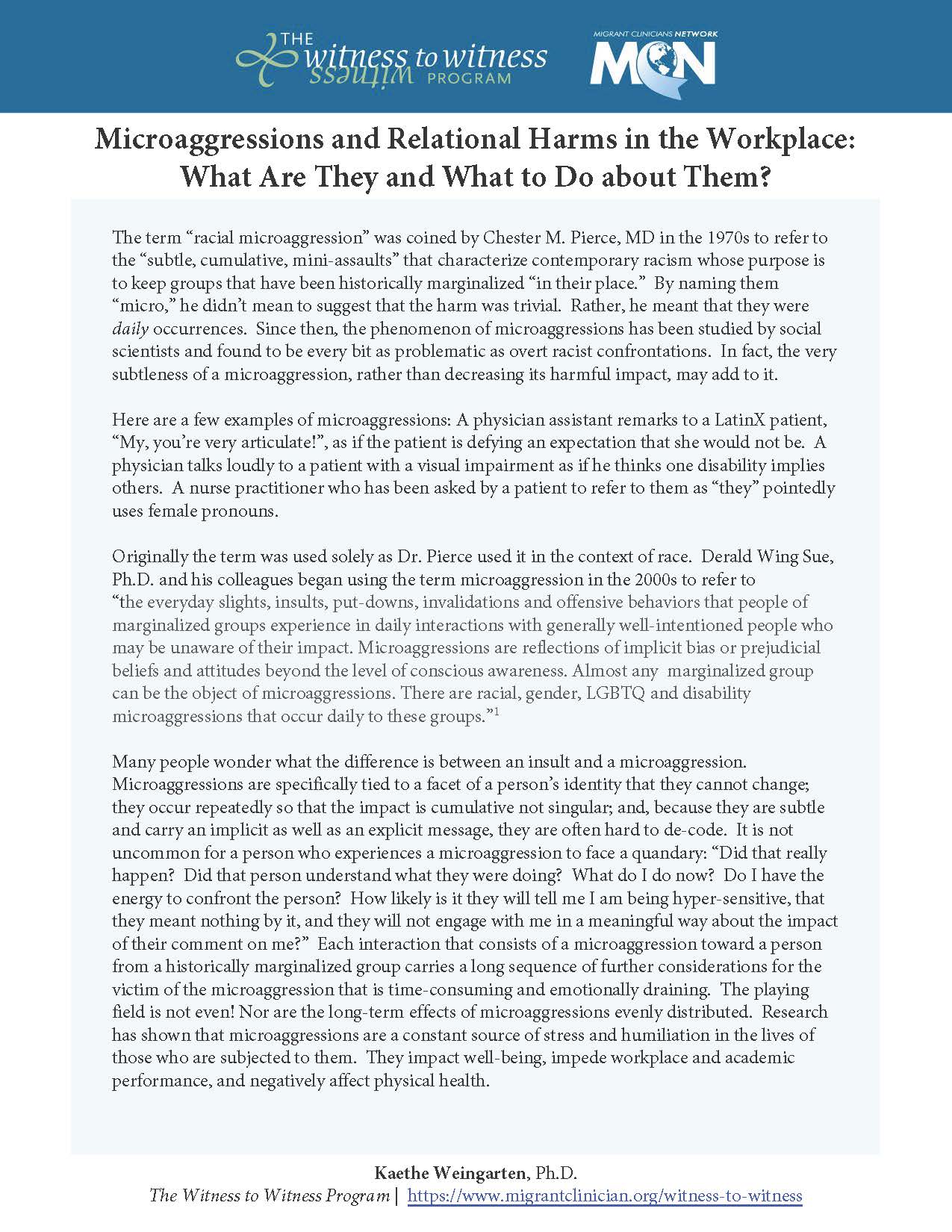
This publication was supported by the Health Resources and Services Administration (HRSA) of the U.S. Department of Health and Human Services (HHS) as part of an award totaling $ 1,310,460 with 0 percentage financed with non-governmental sources. The contents are those of the author(s) and do not necessarily represent the official views of, nor an endorsement, by HRSA, HHS, or the U.S. Government. For more information, please visit HRSA.gov.
- 2022-2-16_Microaggressions-and-relational-harms-in-the-workplace-Part-1.pdf (783.65 KB)
- 2022-2-16_Microaggressions-and-relational-harms-in-the-workplace-Part-2.pdf (217.59 KB)
- 2022-4-14_Microagresiones-y-Danos-Parte-1_Material-de-apoyo.pdf (976.85 KB)
- 2022-4-14_Microagresiones-y-Danos-Parte-2_Material-de-apoyo.pdf (864.7 KB)
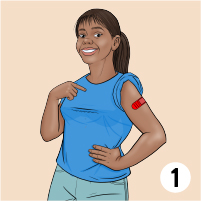

- 18 woman vaccinated.png (365.05 KB)
- Teen-Girl_Vaccinated.png (264.31 KB)
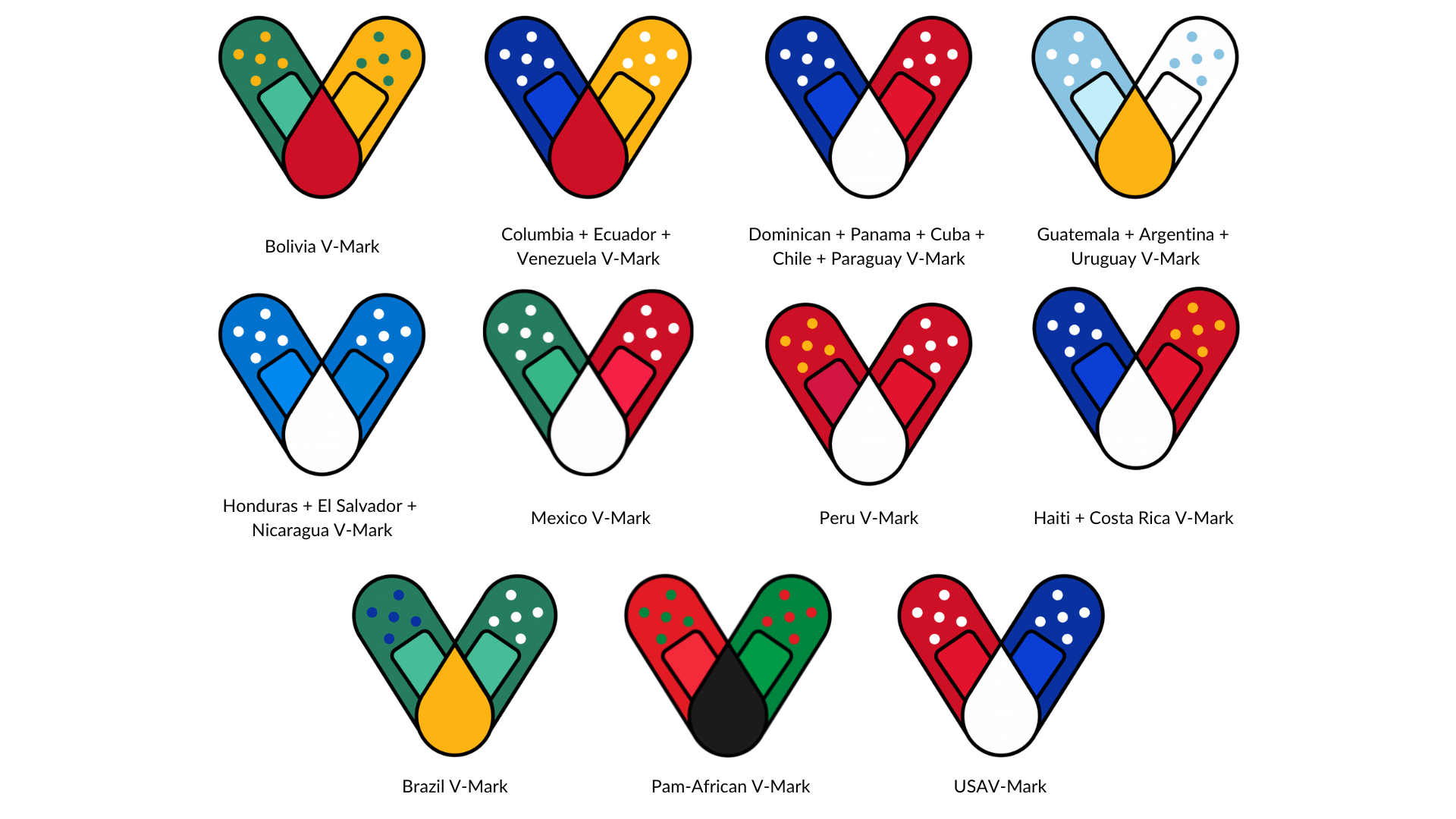
- 8-3-22_Bolivia-v-mark-transparent_image.png (23.6 KB)
- 8-3-22_Brazil-v-mark-transparent_image.png (28.9 KB)
- 8-3-22_columbia-venezuela-ecuador-v-mark-transparent_image.png (23.25 KB)
- 8-3-22_Dominican-Panama-Cuba-Chile-Paraguay-v-mark-transparent_image.png (26.65 KB)
- 8-3-22_Guatemala-Argentina-Urguay-v-mark-transparent_image.png (29.5 KB)
- 8-3-22_Haiti-CostaRica-v-mark-transparent_image.png (25.63 KB)
- 8-3-22_Honduras-ElSalvador-Nicaragua-v-mark-transparent_image.png (27.65 KB)
- 8-3-22_Mexico-v-mark-transparent_image.png (52.29 KB)
- 8-3-22_PanAfrican-v-mark-transparent_image.png (198.07 KB)
- 8-3-22_Peru-v-mark-transparent_image.png (28.29 KB)
- 8-3-22_USA-v-mark-transparent_image.png (24.89 KB)
copy deeplink NACES (No More Adverse Childhood Experiences) Pilot Project Report
NACES (No More Adverse Childhood Experiences) Pilot Project Report
This pilot project was a collaborative effort involving project partners Futures Without Violence, Alianza Nacional de Campesinas, Líderes Campesinas, RAND, and Migrant Clinicians Network and was made possible with the support of California's ACEs Aware initiative through the UCLA-UCSF ACEs Aware Family Resilience Network (UCAAN) pilot program.
Education, screening, and response with evidence-based interventions are critical to addressing ACEs. However, ACEs education and screening that are culturally aware are not currently reaching farmworker communities in California. NACES aimed to increase opportunities for farmworkers to inform health care screening and responses to ACEs, increase ACEs education in farmworker communities, build partnerships between community health centers and community-based organizations, and ultimately improve access to care.
The project was divided into two parts, a community-based component presented in this report and a clinical component that examines how the results and recommendations of this community-based portion changed health center outreach, education, and response to ACEs. The community-based component was divided into two phases. Phase 1 involved the evaluation of farmworker leader training and Phase 2, the evaluation of the peer-led farmworker training.
The evaluation team employed a participatory action research (PAR) approach, developing instruments, presenting, and validating results with the partners to ensure active participation and collective action from all project partners and the farmworker leaders themselves.
copy deeplink Director of Medical Affairs (Medical Director)
Director of Medical Affairs (Medical Director)Complete job description includes duties and responsibilities: program planning and supervision of medical staff.
- 445_dir_medaffairs_description.pdf (337.43 KB)
